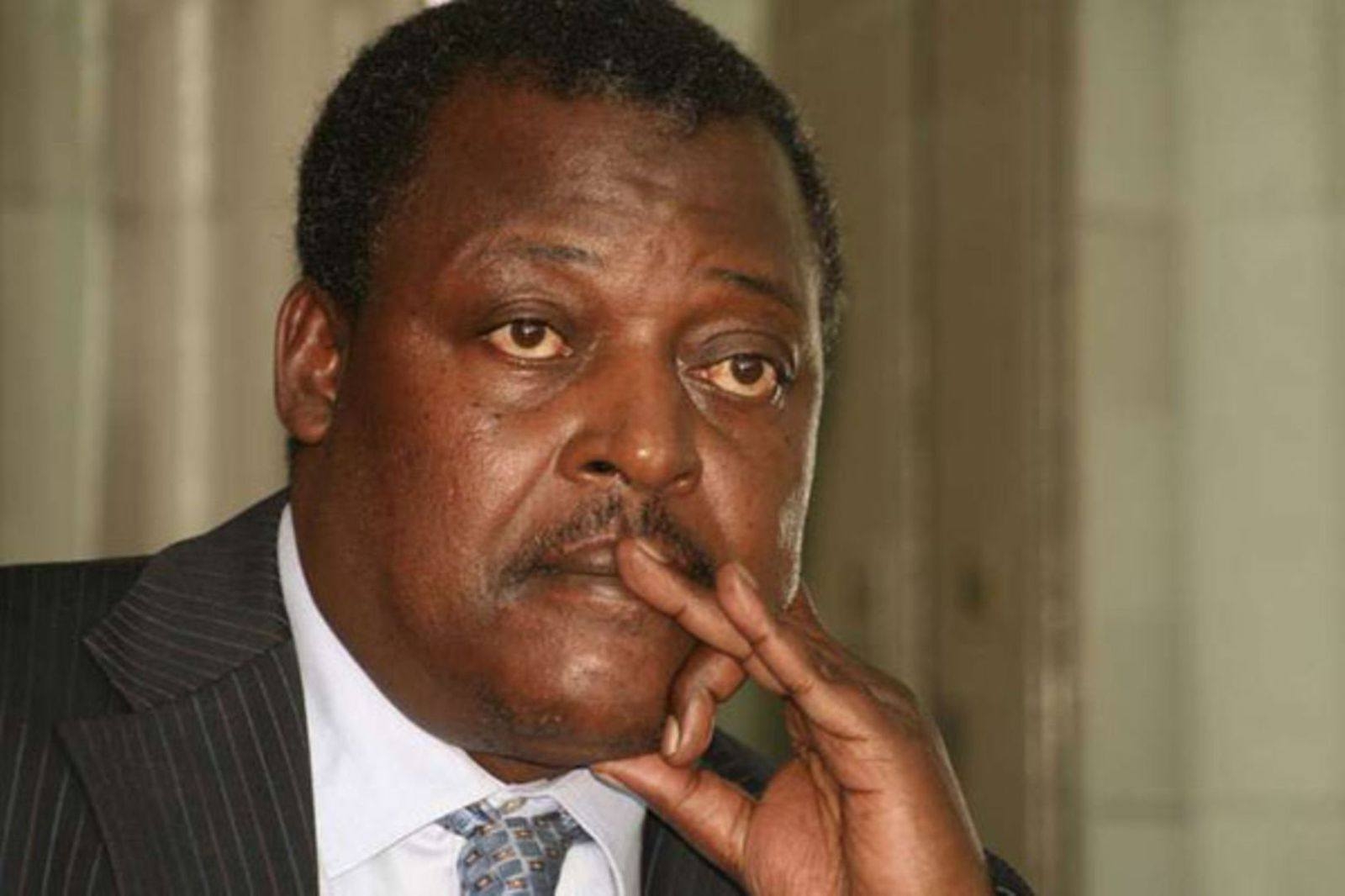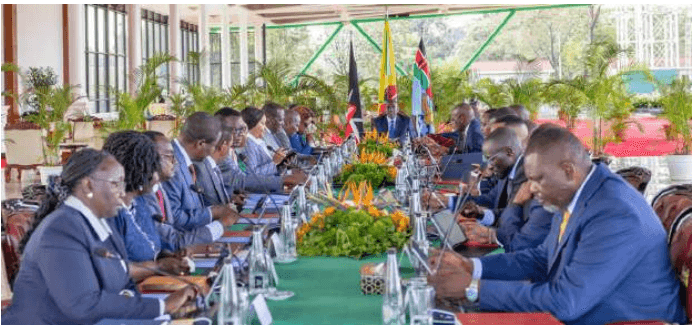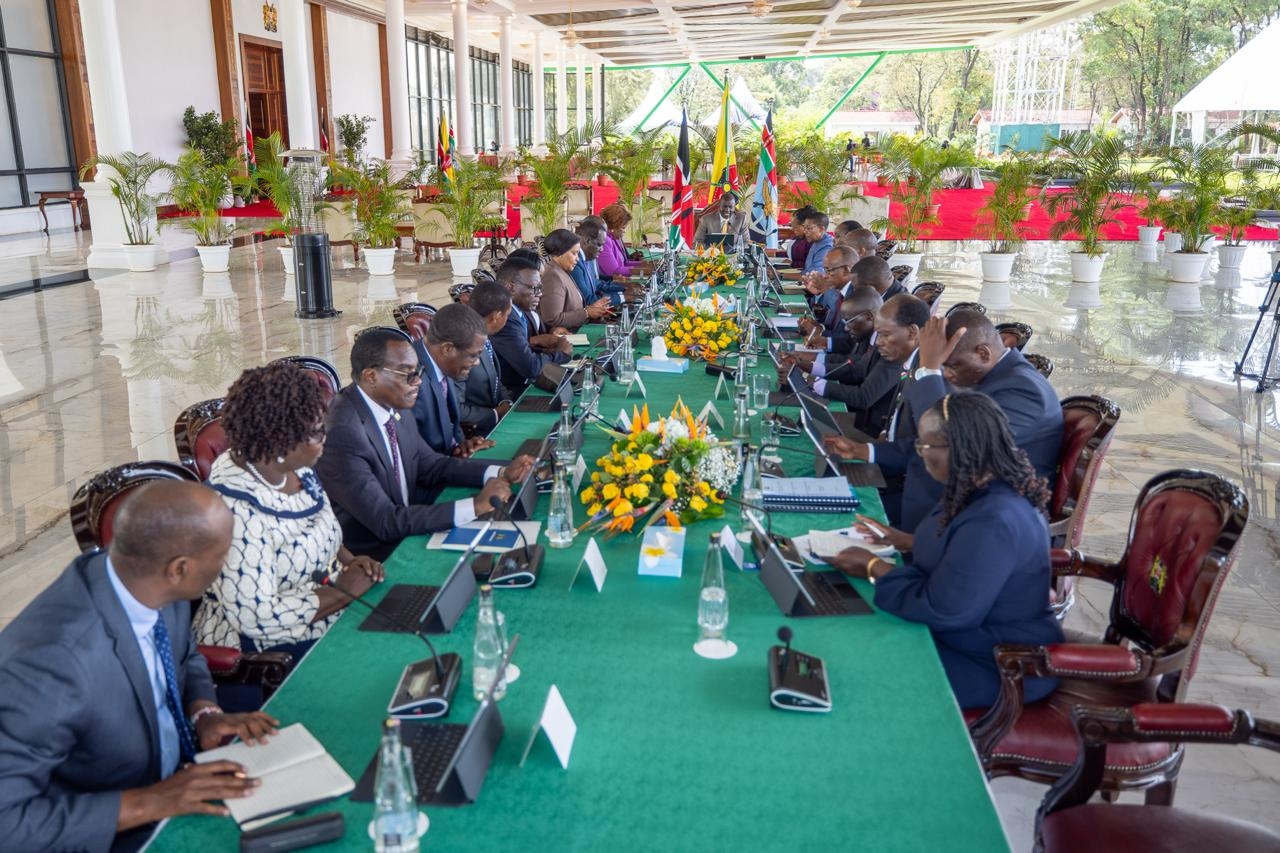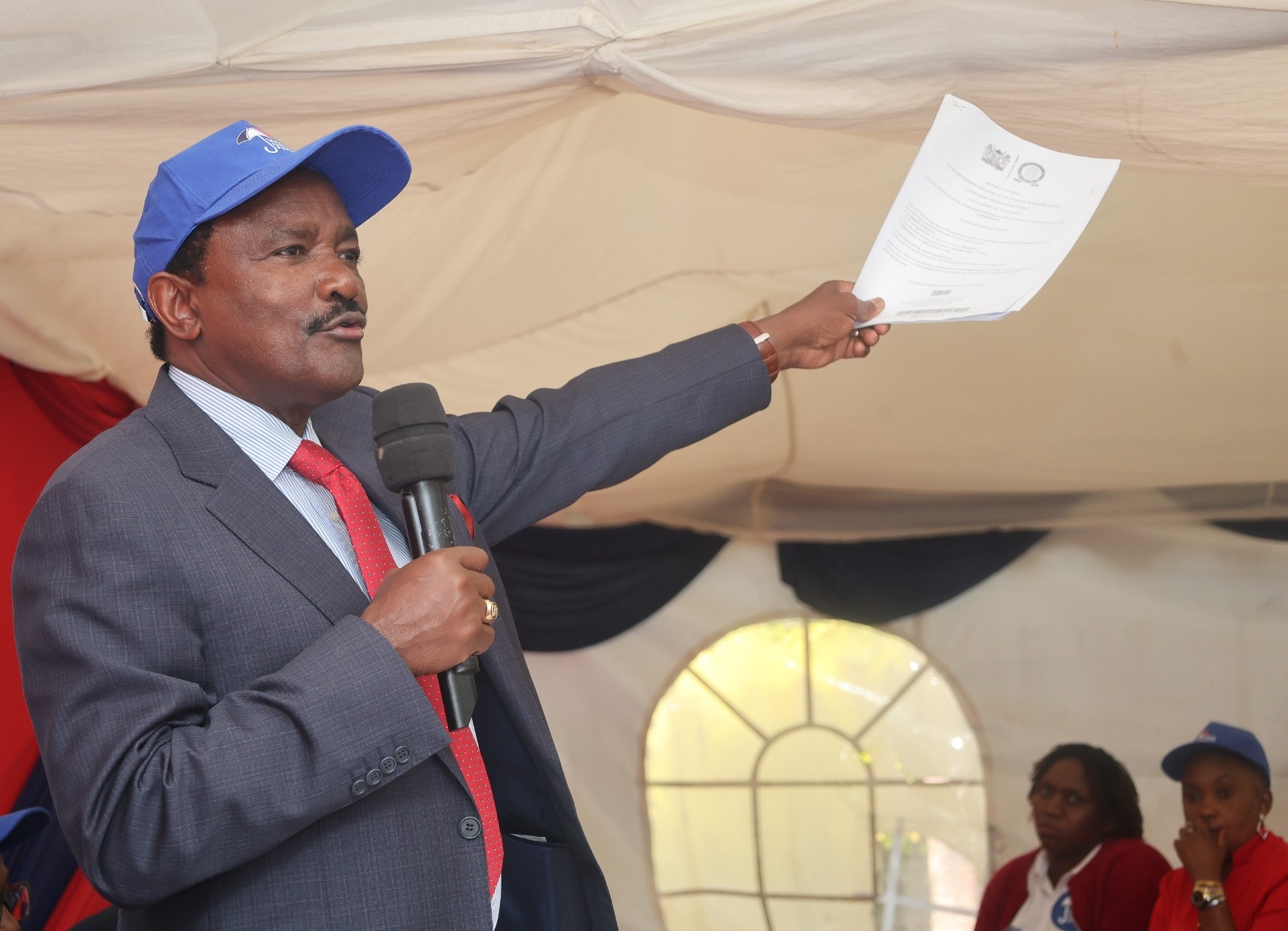State House and office of the Deputy President remain the most affected offices following the approval of the Supplementary Appropriation (No.2) Bill, 2024.
The Bill passed last week seeks to revise budget allocations for the three arms of the government to address the Sh344 billion revenue shortfall following the rejection of the Finance Bill, 2024.
It will see both offices lose Sh6 billion with Treasury also having a substantial reduction of Sh7 billion.
According to the Bill, various development projects under medical services will remain suspended after a Sh6.9 billion loss while road projects and transport sector projects are set to be affected by Sh17.3 billion.
The total reductions for the national government is Sh145 billion consisting of Sh40 billion for the recurrent expenditure and Sh105 billion for development.
Out of the total Sh145.7 Billion reductions, the reductions for the Executive is Sh139.81 billion drawn from various ministries.
The bill contains a reduction of Sh3.7 billion for Parliament and Sh2.1 billion for the Judiciary.
It has since been assented to by the President.
In passing the Bill, the MPs struck a balance by reducing recurrent expenditure while safeguarding critical essential expenditure in the agriculture, health and education sectors among others.
Agriculture, for instance, has a reserve of Sh20 billion to support farmers to enhance production and productivity.
The funds are broken down such that Sh7.5 billion goes to the fertiliser subsidy, Sh3 billion for the Coffee Cherry Fund and Sh2 billion to waive coffee farmers' debts.
Another Sh2 billion has been set for purchase of milk coolers, Sh1.5 billion for milk price stabilization and Sh0.7 billion to support sugar farmers.
In the health sector, Sh16.2 billion has been set to support the reforms and promote universal health coverage (UHC).
Community Health Volunteers allowances and equipment takes a bigger share of this with an allocation of Sh4.5 billion as medical internship programme takes Sh3 billion.
Primary healthcare fund and contracted will each get Sh4 billion from the allocation.
The Education sector on the other hand will Sh120.7 billion to also support the reforms in the sector.
A breakdown shows that Sh18.7 billion is for the confirmation of all Junior Secondary School interns into permanent and pensionable terms while Sh30.7 billion is for capitation for JSS students including those transitioning to grade nine.
The University Funding Board for scholarships to university students will get Sh17 billion, Higher Education Loans Board for scholarships and loans (Sh31.3 billion) and another Sh23 billion to universities for the Differentiated Unit Cost funding model.
The Bill has also set aside Sh3.5 billion towards the enhancement of remuneration for the officers serving in various security organs in line with the recommendations of the David Maraga-led taskforce.
This is to promote the dignity and living standards of the officers in the security sector.
















